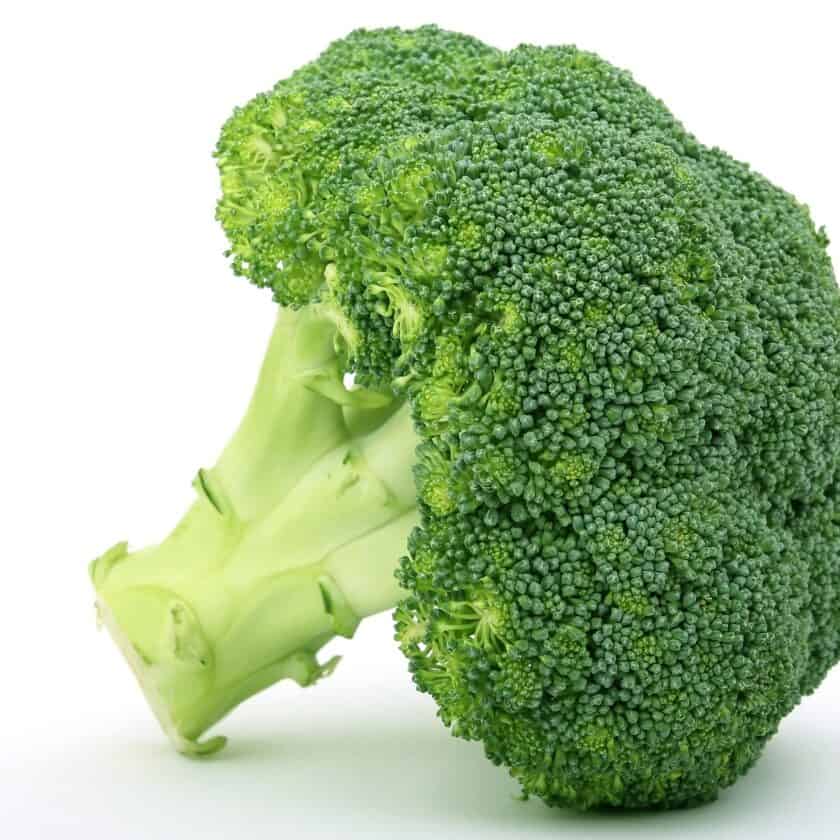Vitamin K is a fat-soluble vitamin that plays a crucial role in various physiological processes within the human body. While it is widely recognized for its importance in blood clotting, research has unveiled a multitude of health benefits associated with this essential nutrient. From bone health to cardiovascular support and beyond, vitamin K has emerged as a vital component in maintaining overall well-being. In this article, we will explore the significant health benefits that vitamin K offers.
Blood Clotting and Wound Healing
Vitamin K’s primary role is to facilitate blood clotting, ensuring that wounds can heal properly. It activates specific proteins that work together to form blood clots, preventing excessive bleeding. People with deficiencies in vitamin K may experience prolonged bleeding and delayed wound healing. By incorporating vitamin K-rich foods into the diet, such as leafy greens, broccoli, and fermented soybeans, individuals can support optimal blood clotting and promote effective wound healing.

Bone Health and Osteoporosis Prevention
Another remarkable health benefit of vitamin K lies in its influence on bone health. Vitamin K helps activate a protein called osteocalcin, which plays a crucial role in bone metabolism and the formation of new bone tissue. Studies have shown that adequate vitamin K intake is associated with higher bone mineral density and a reduced risk of fractures. By incorporating vitamin K-rich foods into your diet, such as kale, spinach, Brussels sprouts, and cabbage, you can support healthy bones and potentially reduce the risk of osteoporosis.
Cardiovascular Health and Arterial Health
Vitamin K also contributes to maintaining a healthy cardiovascular system. Research suggests that vitamin K helps prevent the calcification of arteries, a process that can lead to arterial stiffness and increase the risk of heart disease. By inhibiting calcium deposits in the arterial walls, vitamin K supports the elasticity and flexibility of blood vessels, reducing the strain on the heart. Leafy greens, broccoli, Brussels sprouts, and other cruciferous vegetables are excellent sources of vitamin K that can aid in maintaining a healthy cardiovascular system.
Brain Function and Cognitive Health
Emerging evidence indicates that vitamin K may also play a role in brain function and cognitive health. Some studies suggest that vitamin K-dependent proteins are present in areas of the brain involved in memory and cognition. While further research is needed to fully understand the mechanisms, maintaining optimal vitamin K levels through a balanced diet may potentially support brain health and cognitive function as you age.

Anti-Inflammatory Properties
Vitamin K exhibits anti-inflammatory properties that contribute to overall health and well-being. Chronic inflammation is associated with a range of diseases, including cardiovascular disease, diabetes, and certain cancers. By reducing inflammation, vitamin K may help mitigate the risk and progression of these conditions. Incorporating vitamin K-rich foods into a balanced diet, along with other anti-inflammatory strategies, may help promote a healthy inflammatory response within the body.
Conclusion
Vitamin K is a remarkable nutrient that offers a plethora of health benefits beyond its role in blood clotting. From supporting bone health and cardiovascular function to potentially aiding brain function and reducing inflammation, vitamin K plays a vital role in maintaining overall well-being. By including vitamin K-rich foods in your diet, you can ensure an adequate intake of this essential nutrient and reap the numerous health benefits it has to offer. Remember to consult with a healthcare professional for personalized advice regarding your specific nutritional needs.













